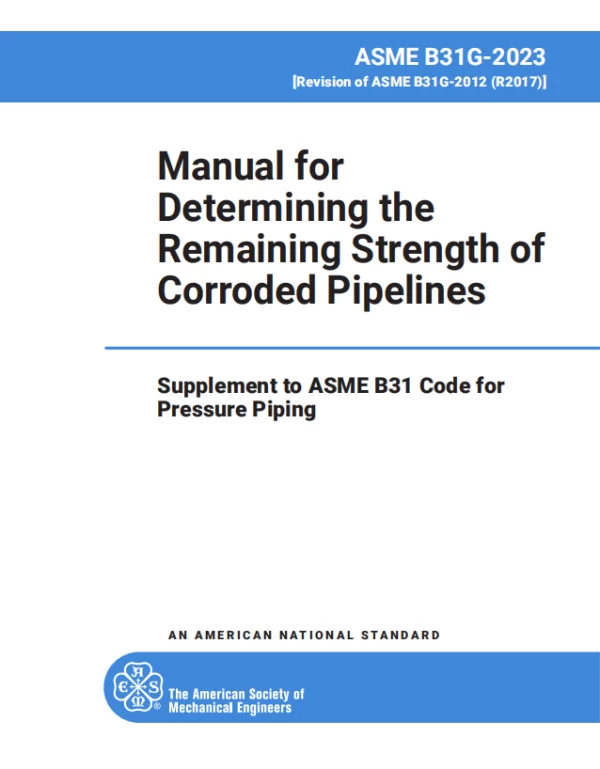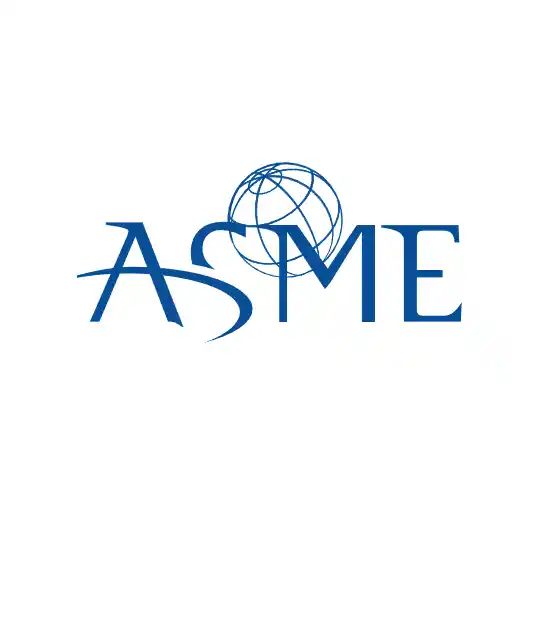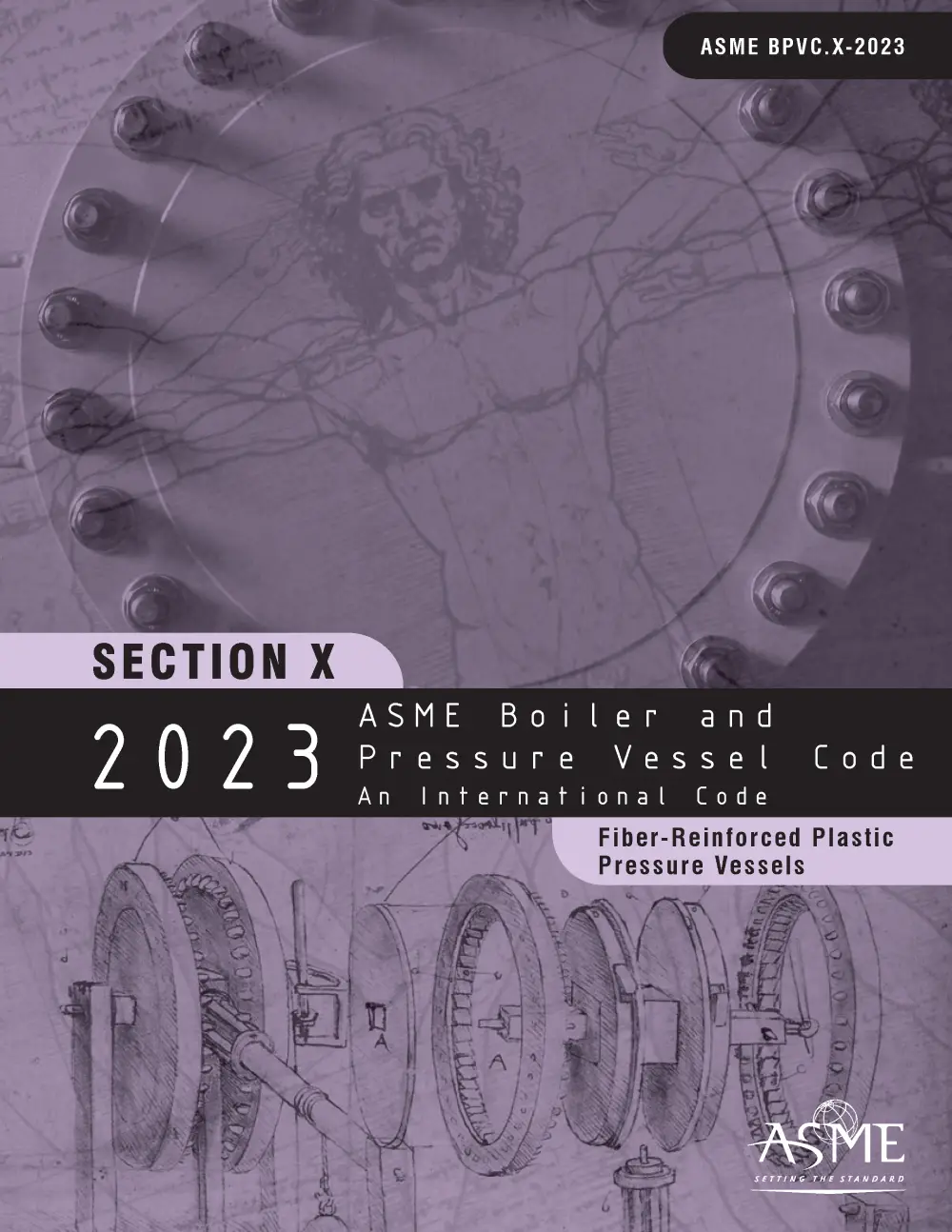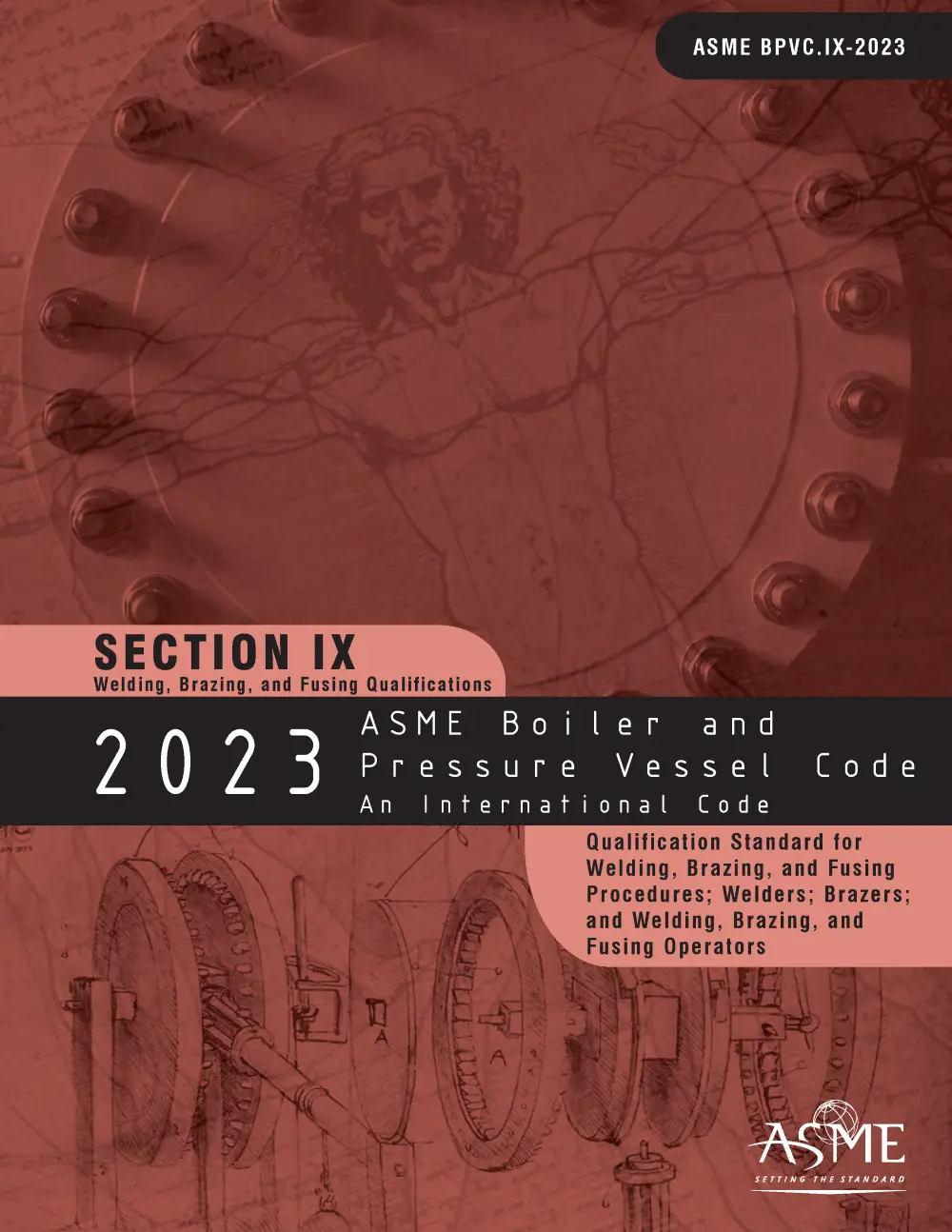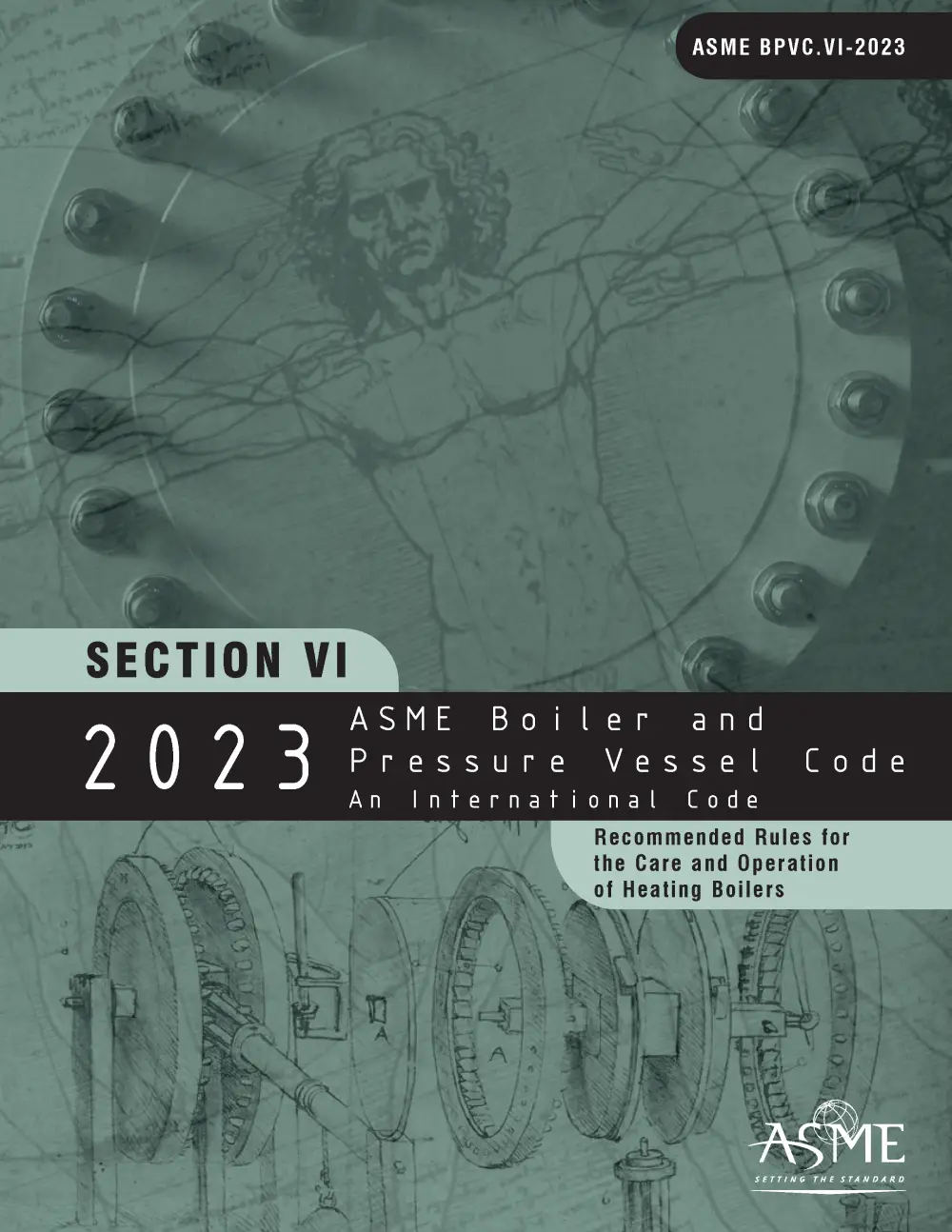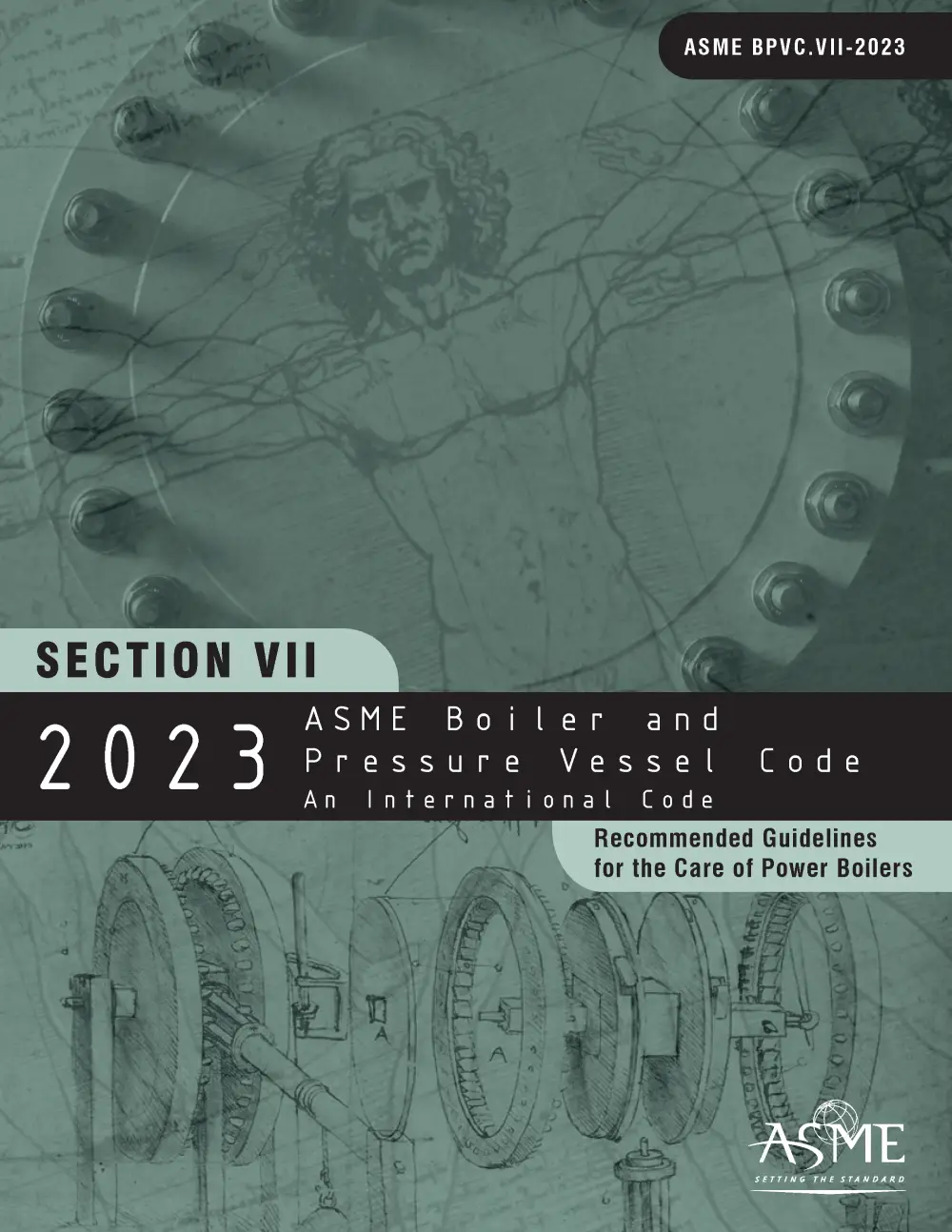ASME B31G – 2023 Edition – Manual for Determining the Remaining Strength of Corroded Pipelines
ASME B31G-2023 is a standard published by the American Society of Mechanical Engineers (ASME) titled “Manual for Determining the Remaining Strength of Corroded Pipelines.” This standard provides a method for assessing corrosion defects in steel pipelines, aiming to help operators determine whether a pipeline can continue to operate safely despite the presence of corrosion.
Main Content and Applications of the Standard
- Assessment Method:
- ASME B31G-2023 primarily offers a simplified manual calculation method to help engineers evaluate metal loss in steel pipelines due to corrosion or wear.
- The standard’s calculation method is based on the physical characteristics and operating conditions of the pipeline, determining the remaining strength factor (RSF) to assess the pipeline’s residual strength.
- Scope of Application:
- The standard applies to steel pipelines used for transporting liquids or gases, including oil, natural gas, water, and other media.
- It is applicable to various pipeline materials and different pressure grades.
- Calculation Steps:
- The standard provides detailed instructions on how to measure and record the size and depth of the corroded area.
- It includes specific formulas and calculation steps to determine the remaining strength factor (RSF) of the pipeline.
- Based on the RSF value, the standard helps assess whether the pipeline needs repair, pressure reduction, or replacement.
- Safety and Compliance:
- Using the ASME B31G-2023 standard can help pipeline operators ensure their systems meet safety standards and regulatory requirements.
- The standard also offers recommendations and guidance to assist operators in developing maintenance and repair plans, ensuring long-term safe operation of the pipeline.
Importance of the Standard
- Improving Safety: By assessing and managing corrosion defects in pipelines, the risk of pipeline failure is reduced, thus protecting personnel safety and the environment.
- Cost Reduction: Scientific assessment of the pipeline’s remaining strength can avoid unnecessary pipeline replacement and excessive maintenance, thereby reducing operating costs.
- Regulatory Compliance: It helps pipeline operators comply with relevant regulations and standards, avoiding legal and regulatory issues.
Conclusion
ASME B31G-2023 is an important engineering standard that provides a convenient manual calculation method to help pipeline engineers evaluate and manage corrosion defects, ensuring the safe operation of steel pipelines. The application of this standard not only enhances the safety of pipeline systems but also effectively reduces maintenance costs and helps operators comply with relevant regulations.
General Product Information:
| Edition | 2023 Edition |
| Document Type | |
| Document Language | English |
| Pages | 82 |
| Publisher | ASME International(ASME) |
| Status | Current |

